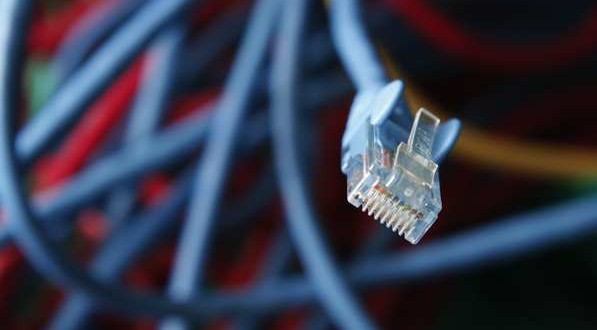If you’ve experienced problems with your internet connection recently, chances are you’re not alone.
Recent reports suggest the system that routers use to share the map of the internet with one another has grown too large for some older routers to handle — which could result in poor connectivity.
“The industry faces many limitations with communications, ranging from wireless spectrum to core network bandwidth, and there is never a single solution to overcome these limitations,” Rob Enderle, principal analyst at the Enderle Group, told TechNewsWorld.
“The immediate need is a combination of extending the router memory caps and rebooting the routers, plus bundling IP addresses,” he continued.
The long-range solution is to shift from the Web’s current IPv4 protocol to IPv6, “but even IPv6 will eventually face similar limitations,” Enderle said.
The Trouble With Routers
The Internet is really a network of networks, and it is mapped by Border Gateway Protocol (BGP) routers, which store a map of the Web, correlating ranges of IP addresses to the various networks.
The BGP makes routing decisions based on paths, network policies, and rules configured by network administrators.
The problem is, older Internet routers have a default software limit of 512,000 IPv4 BGP routing table entries.
That limit was reached on the routers of several companies, including Internet service providers, on Tuesday, leading victims to dub it “512K Day.”
The solution seems rather simple: Reboot routers after adjusting the limit.
However, “manually rebooting millions of routers is not an easy task, nor one that many companies have worked into their maintenance schedule, because they did not know when they would be affected,” Jim McGregor, principal analyst at Tirias Research, told TechNewsWorld.
“In hindsight, companies should have been more proactive about addressing the issue,” he said.
Internet Protocol Issues
The Internet Engineering Task Force (IETF) has been concerned that IPv4 will run out of addresses since the 1980s.
IPv4 provides about 4.3 billion 32-bit addresses. Each of the five regional registries (RIRs) was allocated 16.8 million addresses.
The IETF adopted various technologies, including network address translation (NAT) and Class Inter-Domain Routing (CIDR), and began working on IPv6 in 1998.
IPv6 will provide 340 undecillion 128-bit addresses.
In efforts to promote IPv6, the Internet Society and several large content providers jointly launched the first World IPv6 Day. Two more were held, in 2012 and last year, and United States federal government agencies have been mandated to switch over to IPv6, but many large organizations have routers that run both IPv4 and IPv6, and others still haven’t made the switch.
The explosion in the mobile device market contributed to the dearth of available IPv4 addresses. The new 4G LTE devices use IPv6, by the way, which is why the mobile industry is pushing them so hard.
The Role of ISPs
Some ISPs are among the companies that have not switched to IPv6, as Tuesday’s meltdown showed.
“Moving to IPv6 generally means you have to replace a lot of older hardware and this is an expense many have put off for too long,” Enderle said.
However, transiting to a new communications protocol “is difficult when the older protocol has already reached critical mass,” Tirias’ McGregor pointed out. “IPv6 hasn’t really taken off yet, and that is becoming a bigger and bigger problem.”
Further, the switchover has to occur in stages.
“The entire industry does not just drop one protocol and adopt another overnight,” McGregor continued. “This happens over time as new products are introduced and communications platforms are upgraded.”
Upgrading communications platforms is the slower process of the two, because companies want to realize returns on the very heavy investment these platforms require, McGregor said.
“We’ll likely have to see more outages or large cash penalties or government intervention before a problem like this gets fixed,” McGregor suggested. “It is incredibly expensive, and infrastructure investments are really hard to fund unless there’s a lot of pressure to do so.”
Agencies/Canadajournal
 Canada Journal – News of the World Articles and videos to bring you the biggest Canadian news stories from across the country every day
Canada Journal – News of the World Articles and videos to bring you the biggest Canadian news stories from across the country every day



